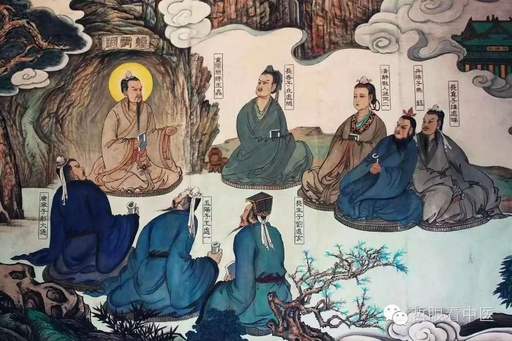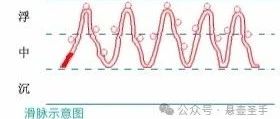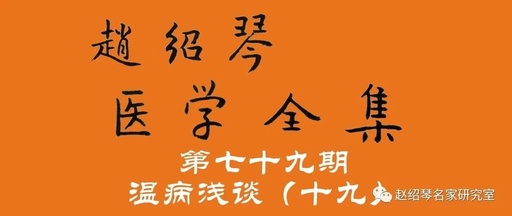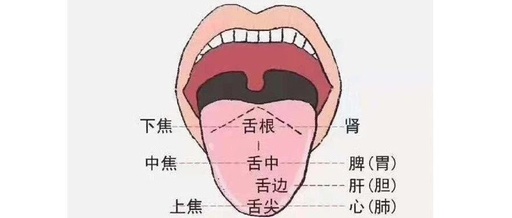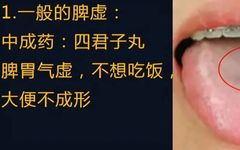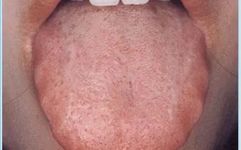The Six Excesses and Their Syndromes in Traditional Chinese Medicine
The Six Excesses and Their Syndromes The Six Excesses: Feng (Wind), Han (Cold), Shu (Summer Heat), Shi (Dampness), Zao (Dryness), Huo (Fire) are pathogenic factors that invade the body. The characteristics of the Six Excesses include: firstly, they are related to season and living environment; for example, in summer, there are many cases of heat-related … Read more

